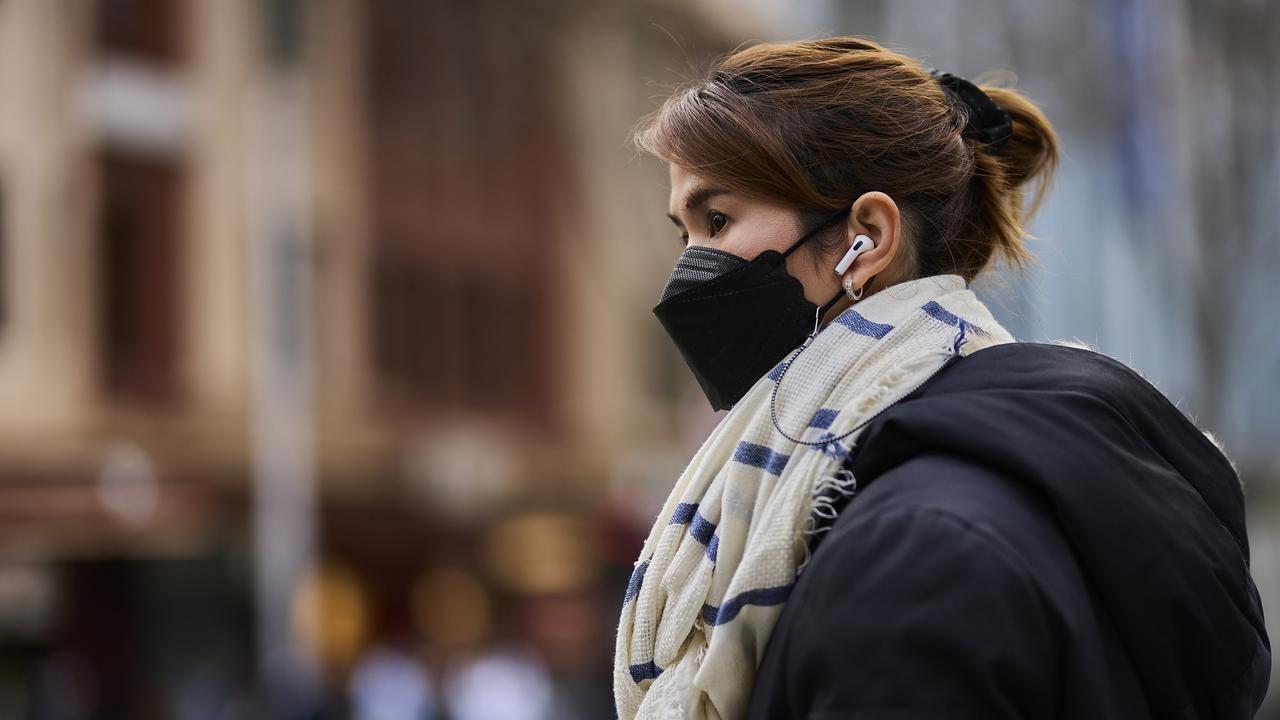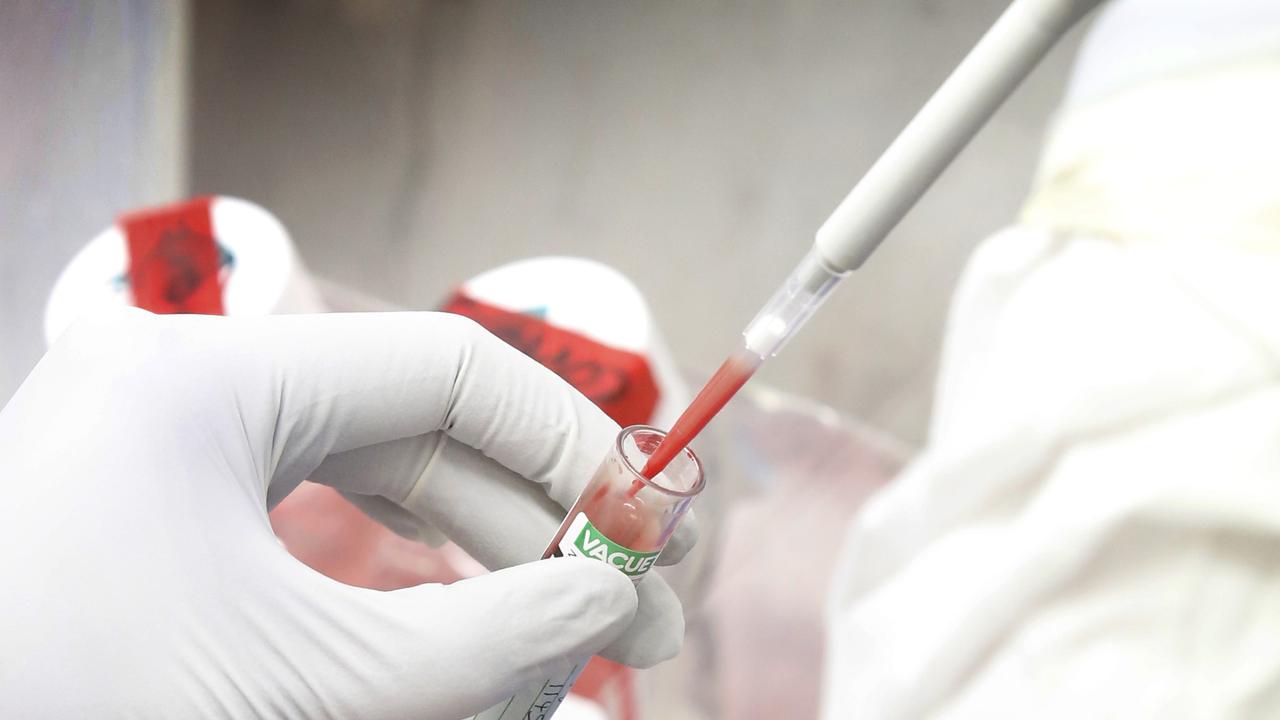Team from the Peter Doherty Institute for Infection and Immunity discovers why Covid makes some so sick
Doherty Institute research has revealed why some people get very sick from Covid and how new therapies could help people recover from the virus.
Victorian scientists have made a significant discovery that could explain why some people get sicker than others when they get a virus such as Covid, and it is all down to the success of immune cells armed with a “license to kill”.
The discovery may now lead to new therapies to help fight other viruses and even cancer.
The key breakthrough by a team from the Peter Doherty Institute for Infection and Immunity (Doherty Institute) in Melbourne with colleagues in Germany at the University of Bonn and the Charité University Hospital in Berlin, found how the “licensing” of CD8+ T cells to kill occurs in different viral infections, including Covid-19.
The team found when given this permission to kill, these antiviral T cells go out and seek and destroy virus as part of the body’s emergency response to infection. But, says senior researcher Sammy Bedoui, first they need permission to kill or they can go rogue and kill everything.

This permission is given by molecules including Type 1 interferons and another type of T cells, the helper cells. Interferons, named because they “interfere” with a virus trying to invade a cell, are naturally produced to also help the immune system fight infection.
The team found that the SARS-CoV-2 and other viruses continuously try to ‘outsmart’ the immune system and often do so by reducing or delaying the production of Type I interferons.
Professor Bedoui said how sick a patient becomes from an infection is often a reflection of this tug of war between the immune response and the virus seeking to invade it.
A laboratory head at the Doherty Institute, University of Melbourne’s Professor Bedoui said CD8+ T cells are born with the capacity to attack and destroy virus-infected cells, but to do their job they need other cells and molecules, such as the Type 1 interferons, to send appropriate combinations of signals to unleash their killing capacity.
“They have to be tapped on the shoulder and told ‘now you can kill the infected cells’,” Prof Bedoui said.

This licensing, he said, needs to be carefully regulated. Too strong a response by the killer T cells results in collateral damage that can make the patient sicker.
He said such overshooting reactions are called ‘immunopathology’ and they are thought to be an important feature in patients who develop severe Covid-19. However, many aspects of why this occurs remains unclear.
“Some patients develop antibodies that block the interferon and these are the patients who died from Covid,” he said.
“We used that to understand the role of those interferons in Covid and found the virus acts against interferons and blocked the response.”
That is where the killer CD8+ T cells depend on helper cells.
“These helper cells can actually make the bodywork with less interferons so there is greater flexibility,” Prof Bedoui said.
“The virus can try to block the interferon, but as long as helper cells are around they provide an extra layer of defence.”
The discovery is, he says, a new piece in the puzzle that makes a lot of sense.
“Our research not only provides a better understanding of why some people get very sick upon SARS-CoV-2 infection, but importantly has identified a number of new potential therapeutic targets that can be exploited for better management of respiratory viruses in the future,” Prof Professor Bedoui said.
The study was published last week in Nature Immunology.





